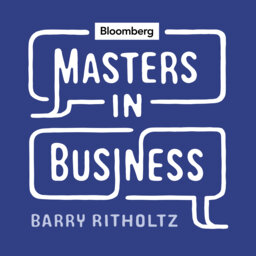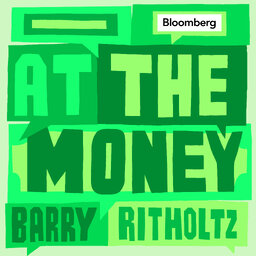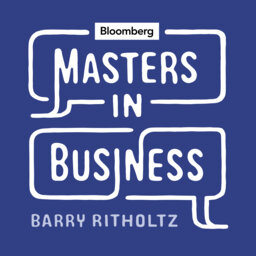Nathan Sheets Discusses Fixed Income (Podcast)
Bloomberg Opinion columnist Barry Ritholtz interviews Nathan Sheets, who is chief economist and head of global macroeconomic research at PGIM Fixed Income, one of the the largest global fixed-income managers. Prior to joining PGIM, Sheets held positions with the U.S. Treasury, Citigroup and the Federal Reserve. He earned his bachelor’s degree in economics from Brigham Young University and his Ph.D. from the Massachusetts Institute of Technology. (This was recorded earlier in the year before the yield curve inverted. The current AUM is $776 billion.)
In 1 playlist(s)
Masters in Business
Barry Ritholtz speaks with the people that shape markets, investing and business.Social links
Follow podcast
Recent clips

How AI Could Freeze Progress with Hilary Allen
1:11:26

At The Money: The Mega Backdoor Roth
16:21

Why a Joint Account Can Be a Sign of Healthy Marriage
1:01:20
 Masters in Business
Masters in Business